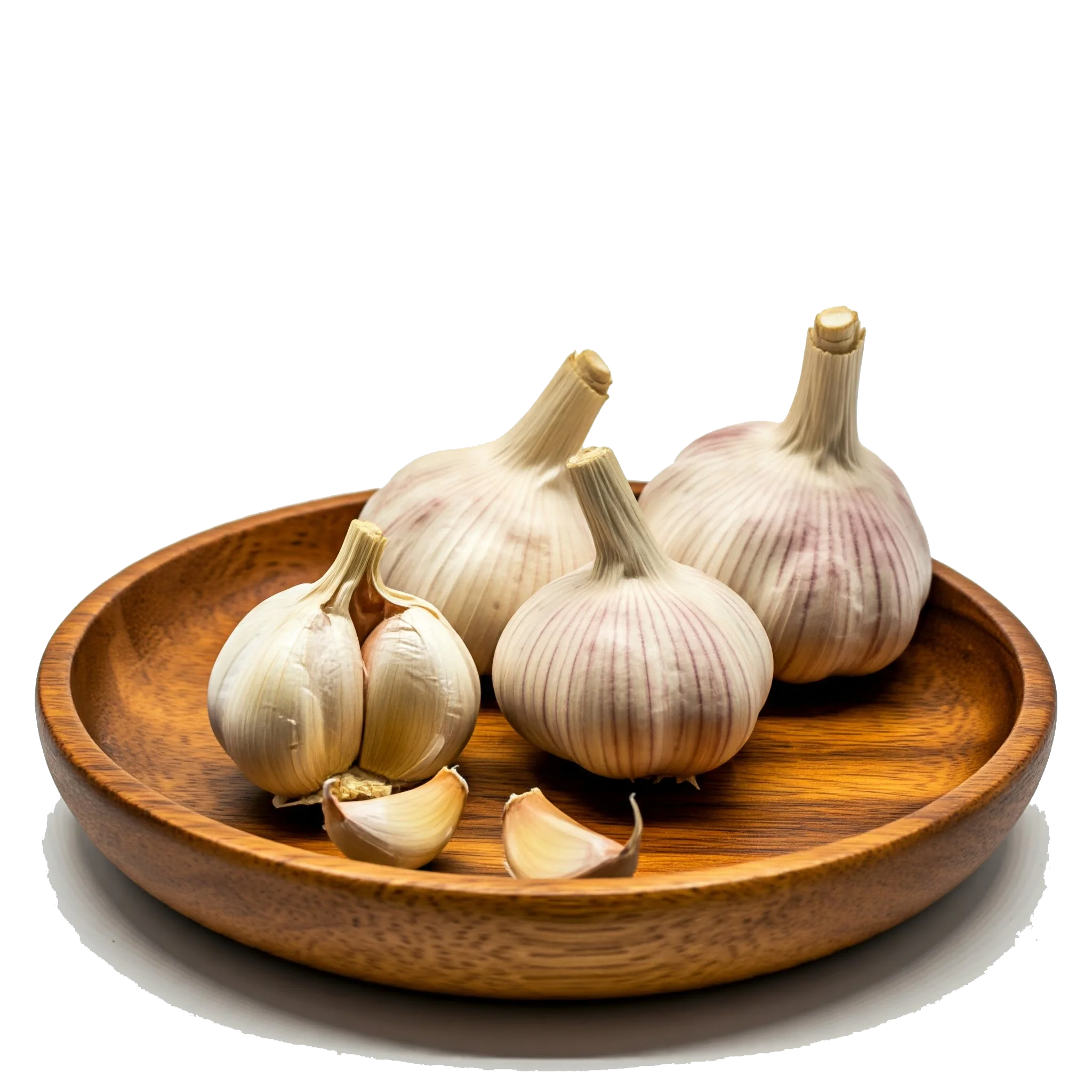

Top Health Benefits of Gyoza You Need to Know
Gyoza, or Japanese dumplings, offer a delicious balance of flavors and nutritional benefits, making them an excellent addition to a healthy diet. The primary ingredients in gyoza include lean ground meat (such as pork, chicken, or beef), cabbage, garlic, and ginger. These ingredients provide a rich source of protein, which is essential for muscle repair and overall body function. The cabbage adds fiber, which aids digestion and promotes a feeling of fullness, helping with weight management. Garlic and ginger are also packed with antioxidants and anti-inflammatory properties, contributing to better immune function and overall health. Additionally, gyoza contains healthy fats, particularly from sesame oil, which supports heart health. While they are low in sugar and provide moderate amounts of carbohydrates, gyoza offers a nutrient-dense meal when prepared with minimal oil and refined ingredients.
 Wheat Flour : 2 Cup
Wheat Flour : 2 Cup Water : 3/4 Cup
Water : 3/4 Cup Salt : as needed
Salt : as needed ground /
Beef Ribeye : 200 g
ground /
Beef Ribeye : 200 g Cabbage : 1 Cup
Cabbage : 1 Cup Green onions : 2 Piece
Green onions : 2 Piece Garlic : 2 clove
Garlic : 2 clove Ginger : 1 Teaspoon
Ginger : 1 Teaspoon Soy Sauce : 5 Tablespoon
Soy Sauce : 5 Tablespoon Sesame Oil : 2 Tablespoon
Sesame Oil : 2 Tablespoon black pepper : to taste
black pepper : to taste Rice Vinegar : 1 Tablespoon
Rice Vinegar : 1 Tablespoon Bell Pepper : to taste
Bell Pepper : to tasteRecipe :
For 4 people
Enjoy your delicious homemade Gyoza!
When making gyoza, it’s crucial to ensure the dough is smooth and elastic, which will make folding the dumplings easier. Be careful not to overstuff the dumplings, as this can make them difficult to seal and could cause them to break during cooking. It’s also essential to use a non-stick pan for pan-frying to prevent sticking and achieve the perfect crispy bottom. When adding water for steaming, make sure the pan is covered immediately to trap the steam, ensuring that the dumplings cook evenly and stay moist. Additionally, use fresh ingredients whenever possible for the best flavor and texture, especially when choosing vegetables like cabbage and seasonings such as garlic and ginger. Lastly, the dipping sauce should be prepared just before serving to retain its fresh flavor and to complement the dumplings without overpowering them.

Gyoza can be an excellent option for a variety of diets, though some modifications may be necessary for certain dietary needs. For vegetarians, plant-based fillings such as mushrooms, tofu, and vegetables can replace the meat, making it a delicious and hearty choice. Gluten-free diets can be accommodated by using gluten-free flour for the dough, ensuring that the dish remains accessible to those with gluten intolerance. However, ketogenic and paleo diets may not be ideal for traditional gyoza due to the high carbohydrate content from the dough, which is made with flour. Similarly, for those on a vegan diet, the dish needs to be modified to exclude animal-based products, like replacing meat with tofu and ensuring that the dipping sauce doesn't contain any fish-based ingredients, like anchovies in some soy sauces. Low-calorie and high-protein individuals can enjoy gyoza in moderation, especially if prepared with lean meats and a reduced amount of oil for cooking. However, those following the DASH diet may need to adjust the sodium content in the dipping sauce to lower levels to maintain heart-healthy benefits.
...